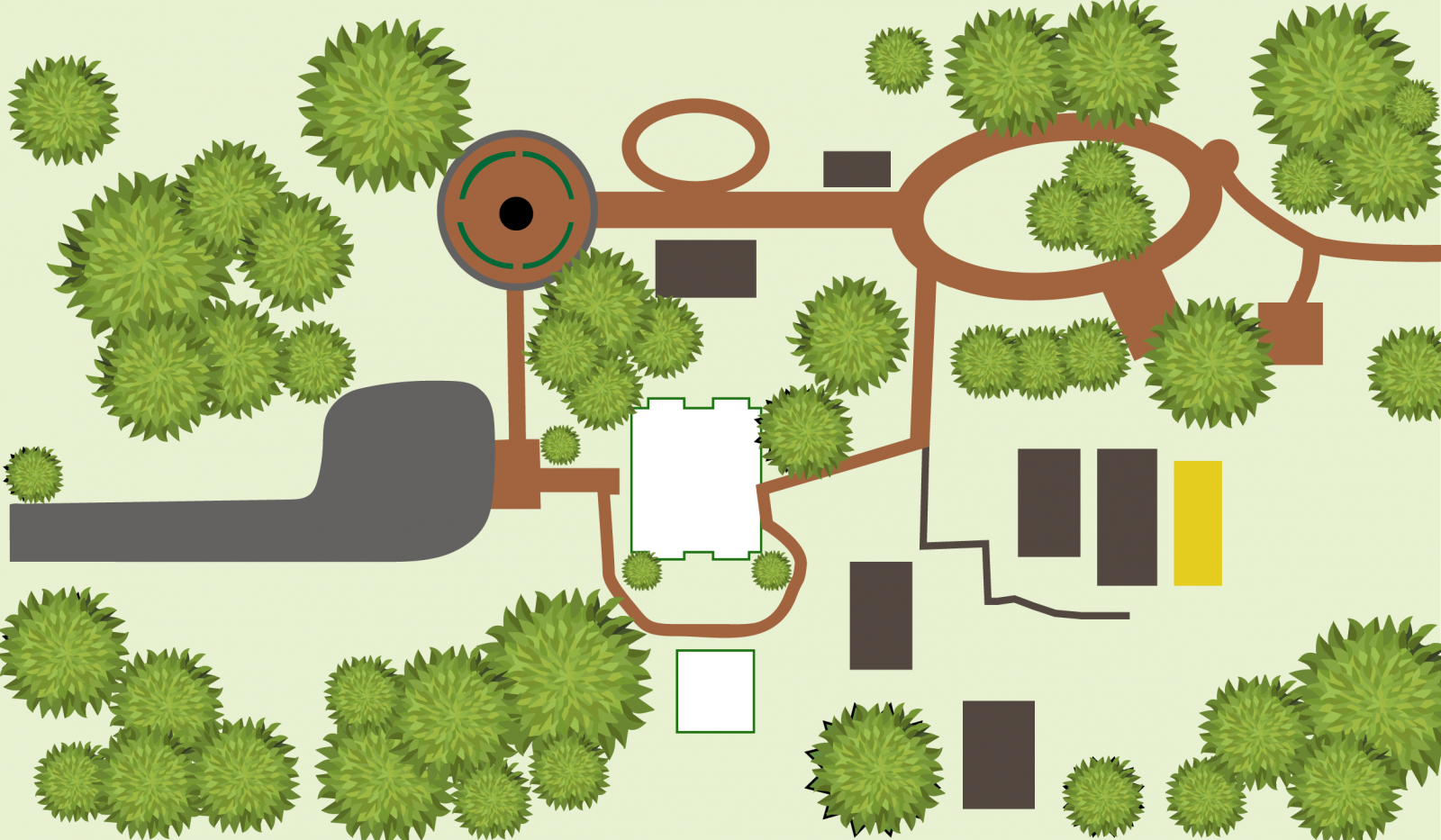
Ivy Green: Listen as the beginning of the story unfolds
Rose Garden: Learn about the incredible roses on site
Master Gardener's Work
Cottage: Learn about the key location at the home
Boxwood Circle: Learn about the shrubbery
Japanese Garden: Learn about this beautiful element.
New Zealand Gate: Learn about the impressive structure
Memorial Stone: Learn about this memorial element
The Clearing
Herb Garden
Well: Learn about the importance of this spot
Cook's House
Learn about the Butterfly Garden & other grounds elements
Outdoor Theatre: Learn about the stage of the Miracle Worker
Moon Tree: Learn about the Out of This World Tree:
Lions Club Memorial Fountains
Office & Gift Shop
Restrooms for Theatre Productions
Located on a 640-acre tract in historic Tuscumbia, Ivy Green was built in 1820 by David and Mary Fairfax Moore Keller, grandparents of Helen Keller.
The old “whistle path” carries the visitor to the outdoor kitchen from the main home. Sprinkled around the estate are the Lion’s Club’s International Memorial Fountain, the “Clearing” and herb gardens, the Carriage House and Gift Shop.
Helen Keller’s birthplace cottage is situated east of the main house and consists of a large room with a lovely bay window and playroom. Originally, the small “annex” was an office for keeping the plantation’s books.
When Captain Arthur H. Keller brought his bride, Kate Adams (the bride of his second marriage), home to Ivy Green the office was daintily re-furnished and fitted for them as a bridal suite. Later, the cottage would serve as living quarters for Helen and her teacher, Anne Sullivan.
The home and museum room are decorated with much of the original furniture of the Keller family. Each is highlighted by hundreds of Miss Keller’s personal mementos, books and gifts from here lifetime of travel and lectures in 25 countries for the betterment of the world’s blind and deaf-blind. Of particular note is her complete library of Braille books and her original Braille typewriter.
The entire estate is nestled under a cooling canopy of English boxwoods (over 150 years old), magnolia, mimosa, and other trees, accented by roses, honeysuckle, smilax, and an abundance of English Ivy (for which the estate receives its name).
